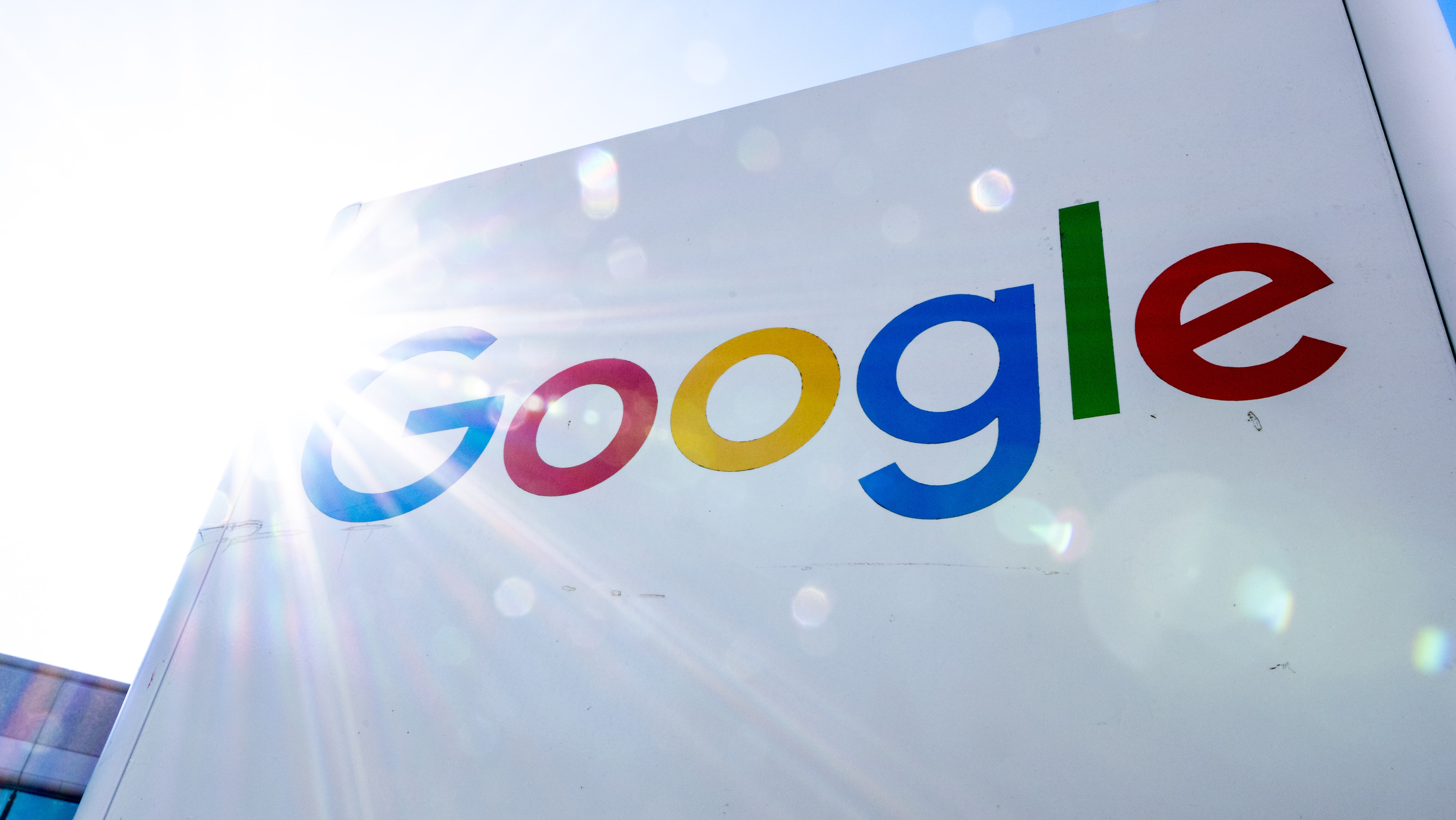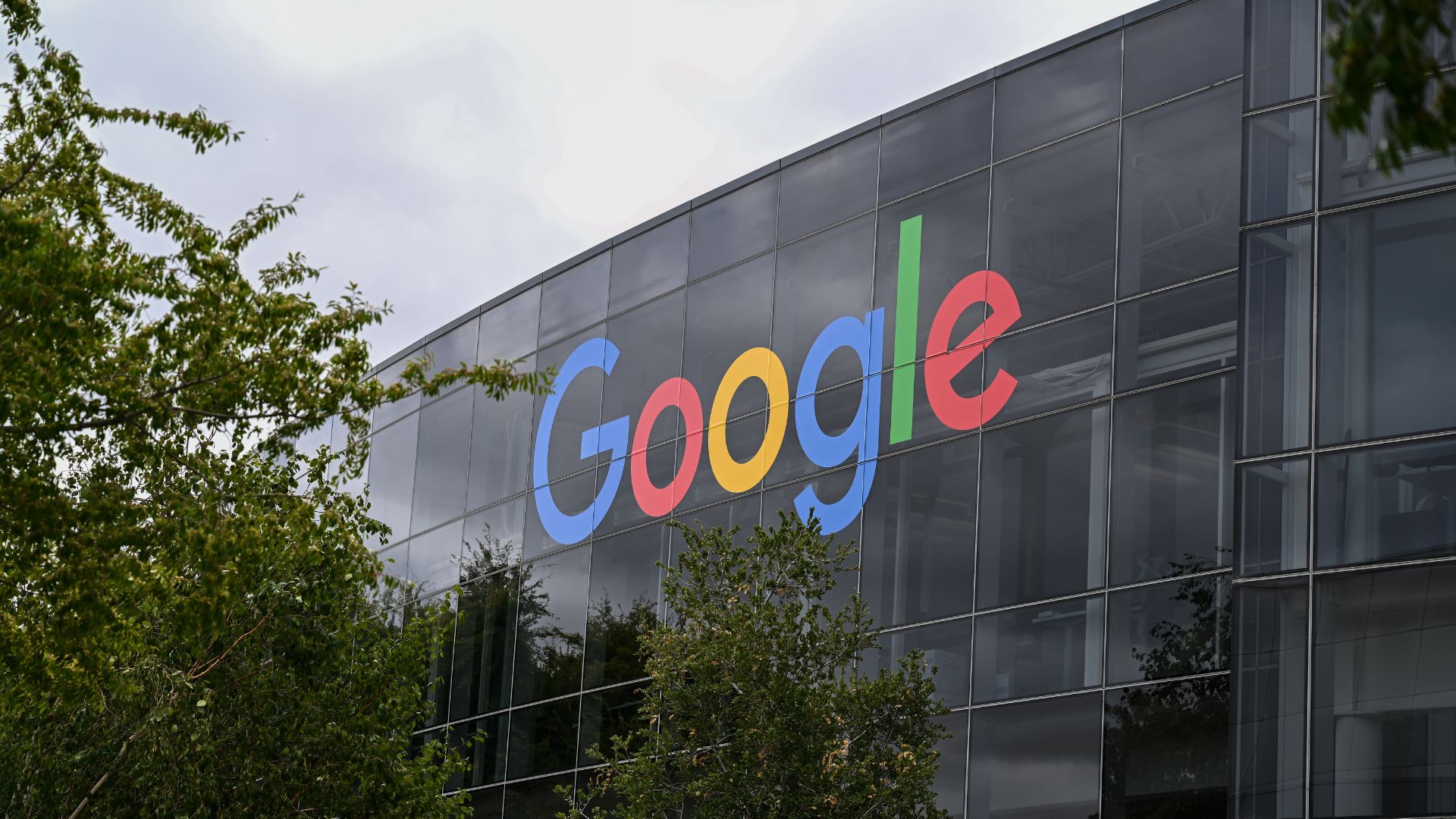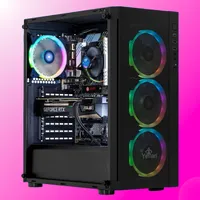The US DOJ recommends Google break up its ad-tech platform in light of illegal monopoly claims. Google disagrees, unsurprisingly
This could majorly affect the operation of Google platforms.

Keep up to date with the most important stories and the best deals, as picked by the PC Gamer team.
You are now subscribed
Your newsletter sign-up was successful
Want to add more newsletters?

Every Friday
GamesRadar+
Your weekly update on everything you could ever want to know about the games you already love, games we know you're going to love in the near future, and tales from the communities that surround them.

Every Thursday
GTA 6 O'clock
Our special GTA 6 newsletter, with breaking news, insider info, and rumor analysis from the award-winning GTA 6 O'clock experts.

Every Friday
Knowledge
From the creators of Edge: A weekly videogame industry newsletter with analysis from expert writers, guidance from professionals, and insight into what's on the horizon.

Every Thursday
The Setup
Hardware nerds unite, sign up to our free tech newsletter for a weekly digest of the hottest new tech, the latest gadgets on the test bench, and much more.

Every Wednesday
Switch 2 Spotlight
Sign up to our new Switch 2 newsletter, where we bring you the latest talking points on Nintendo's new console each week, bring you up to date on the news, and recommend what games to play.

Every Saturday
The Watchlist
Subscribe for a weekly digest of the movie and TV news that matters, direct to your inbox. From first-look trailers, interviews, reviews and explainers, we've got you covered.

Once a month
SFX
Get sneak previews, exclusive competitions and details of special events each month!
After accusing Google of running a 'decade-long campaign of exclusionary conduct', arguments have finally been made about how exactly Google can right the monopoly it allegedly holds. If the DOJ gets its way, that would result in Google breaking up major ad platforms AdX and DFP.
Google has been in a bit of hot water for, well, a long time, thanks to its near-total domination of the online search market. Owning the means to search, plus the advertising platform around it, has led to two separate but equally big cases in the last few years.
The case about Google's advertising ruled that Google was running an illegal monopoly just last month, and recent litigation has gone forward on how to remedy it.
As reported by Reuters, there are eight central remedies proposed by the plaintiff here, with the two most important being the divestiture of Google's ownership of AdX and DFP. AdX is Google's ad marketplace, which facilitates the sale of advertising space to potential advertisers through bidding.
The court argues that Google incentivised the use of its platform over competitors as "publishers would lose significant revenue if they did not use AdX". The court argues Google should divest AdX through its sale, and the plaintiff is seeking the "right to approve or disapprove the divestiture buyer."
The divesting of DFP, Google's ad-serving platform, is the second remedy suggested by the DOJ. The divestiture of DFP is planned to roll out in stages, with the first forcing Google to provide API access and "server-to-server connection for DFP to integrate with and receive bids from the open-source Prebid header-bidding wrapper".

The second stage pushes Google to change to DFP to allow final auctions of ads within the publisher's ad server. The code for this logic would then be made open source to organisations.
Keep up to date with the most important stories and the best deals, as picked by the PC Gamer team.
Effectively, this is all intended to demystify DFP, before it is then sold in the third phase.
In the court document, the DOJ argues, "The broad sweep of these remedies is necessitated by the magnitude of Google’s violations—its 'decade-long campaign of exclusionary conduct.'” Google claims it is in favour of some outlined remedies, but argues forcing it to sell its ad tools is an overreach.
Lee-Ann Mulholland, Google's vice president of regulatory affairs, told Reuters, "The DOJ's additional proposals to force a divestiture of our ad tech tools go well beyond the Court's findings, have no basis in law, and would harm publishers and advertisers."
The DOJ also argues that Google should be prohibited from "distorting the competitive process" after the case is fully concluded. The remedies also argue that Google should be transparent with its data to allow competitors to catch up on the advantage Google has gained through its ad practices.
As well as mandating that Google pay for attorney fees and other costs, the outlined remedies argue for ways to monitor Google going forward.
As these are proposed remedies, and Google seems to have declared problems it sees with the court ruling, both parties will now reconvene in a September trial to figure out the logistics of how to right Google's perceived wrongs.
Ad platforms are a huge part of the way that companies like Google operate, so the divestiture of AdX and FDP will have rather large changes on the incentives in online digital spaces. Losing control of ad tools may change the way Google chooses to serve or work with ad companies, and it's likely to affect the profit it can make from its advertising spaces.
Like the potential of Google having to sell off Chrome, there's a complexity to not only the selling process but what the landscape looks like after, and we are due to hear much more about it in just a few months.
Best gaming PC: The top pre-built machines.
Best gaming laptop: Great devices for mobile gaming.

James is a more recent PC gaming convert, often admiring graphics cards, cases, and motherboards from afar. It was not until 2019, after just finishing a degree in law and media, that they decided to throw out the last few years of education, build their PC, and start writing about gaming instead. In that time, he has covered the latest doodads, contraptions, and gismos, and loved every second of it. Hey, it’s better than writing case briefs.
You must confirm your public display name before commenting
Please logout and then login again, you will then be prompted to enter your display name.


